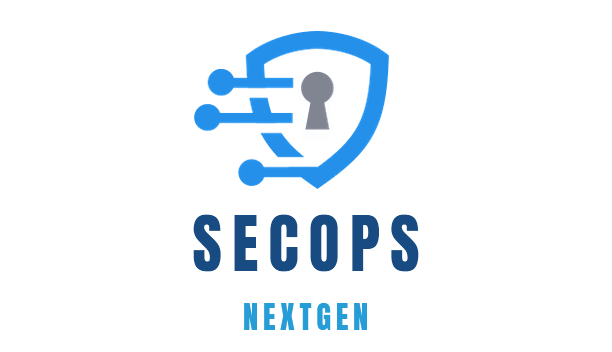Artificial Intelligence (AI), once a captivating concept found within the pages of science fiction novels and the frames of futuristic films, has evolved dramatically over the past few decades to become an integral component of modern life. The journey from imaginative tales of sentient machines to the sophisticated algorithms that now drive our daily lives is a fascinating story of research, innovation, and ethical considerations.
The Early Days: Imagination Meets Logic
The roots of AI can be traced back to ancient history, with myths and concepts of automatons and artificial beings appearing in various cultures. However, the formal inquiry into AI began in the mid-20th century, when British mathematician and logician Alan Turing proposed the idea of machines capable of intelligent behavior. Turing’s seminal paper, "Computing Machinery and Intelligence," introduced the Turing Test, a criterion to assess a machine’s ability to exhibit intelligent behavior indistinguishable from that of a human.
In the 1950s and 1960s, researchers like John McCarthy, Marvin Minsky, and Allen Newell began to lay the groundwork for AI as a discipline. They focused on symbolic reasoning and problem-solving, developing early AI programs that could perform tasks such as playing chess and solving mathematical problems. While these early attempts showed promise, they were limited by the lack of computing power and theoretical frameworks, and the field experienced periods of stagnation, often referred to as "AI winters."
The Breakthrough: Machine Learning and Big Data
The real turning point for AI came in the 21st century, fueled by the advent of powerful computers and the exponential growth of data. Machine learning, a subset of AI that enables systems to learn from data and improve over time without explicit programming, emerged as a game-changer. Advances in algorithms, particularly neural networks and deep learning, have allowed computers to analyze vast amounts of data with unprecedented accuracy.
Tech giants like Google, Facebook, and Amazon began to invest heavily in AI research, leading to the development of applications that transformed industries. Natural Language Processing (NLP) made significant strides, enabling virtual assistants like Siri and Alexa to understand and respond to human commands. Image recognition technology improved to the point that systems could identify objects, faces, and even emotions with remarkable precision.
AI found its way into healthcare, where machine learning algorithms are now used to diagnose diseases, analyze medical images, and even predict patient outcomes. In finance, AI systems are deployed to detect fraud, automate trading, and assess risk. The transportation sector witnessed the rise of autonomous vehicles, showcasing the potential of AI to revolutionize how we move and connect.
Ethical Considerations: Challenges Ahead
With the rapid evolution of AI, ethical considerations have emerged as a critical aspect of AI development. Concerns regarding bias in algorithms, privacy violations, and the potential for job displacement are at the forefront of public discourse. Numerous instances have highlighted racial and gender biases in AI systems, underscoring the importance of ensuring equity in technology.
Additionally, the rise of AI has prompted discussions about the existential risks posed by advanced AI systems. While current AI applications are narrow in focus, there are concerns surrounding the development of Artificial General Intelligence (AGI), capable of performing any intellectual task that a human can do. Ethics experts, policymakers, and researchers are now engaged in conversations to create frameworks that ensure AI is developed responsibly and for the benefit of humanity.
The Future: Collaboration Between Humans and Machines
Looking forward, the future of AI is intertwined with human collaboration rather than outright replacement. Augmented intelligence, a concept that focuses on enhancing human capabilities through AI, is expected to drive innovation in various fields. For instance, AI-powered tools can assist doctors in diagnosing diseases more accurately, helping teachers personalize learning experiences for students, and enabling businesses to optimize their operations.
The scenario where humans and AI work side by side holds immense potential. As industries adapt to these changes, a new workforce will emerge—one that combines human creativity and emotional intelligence with AI’s analytical power. Education and reskilling initiatives will become crucial to prepare for this hybrid future.
Conclusion
The evolution of artificial intelligence, from the realm of science fiction to its pervasive presence in everyday life, is one of the most significant technological advancements of our time. While the journey has been marked by challenges and ethical dilemmas, the promise of AI to enrich our lives and transform industries is undeniable. As we stand on the brink of further breakthroughs, it is essential to navigate this landscape thoughtfully, ensuring that the evolution of AI continues to serve humanity’s best interests. The story of AI is far from over; the next chapters hold the potential to redefine the very essence of intelligence, creativity, and human connection.





Deixe o seu comentário